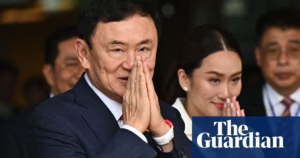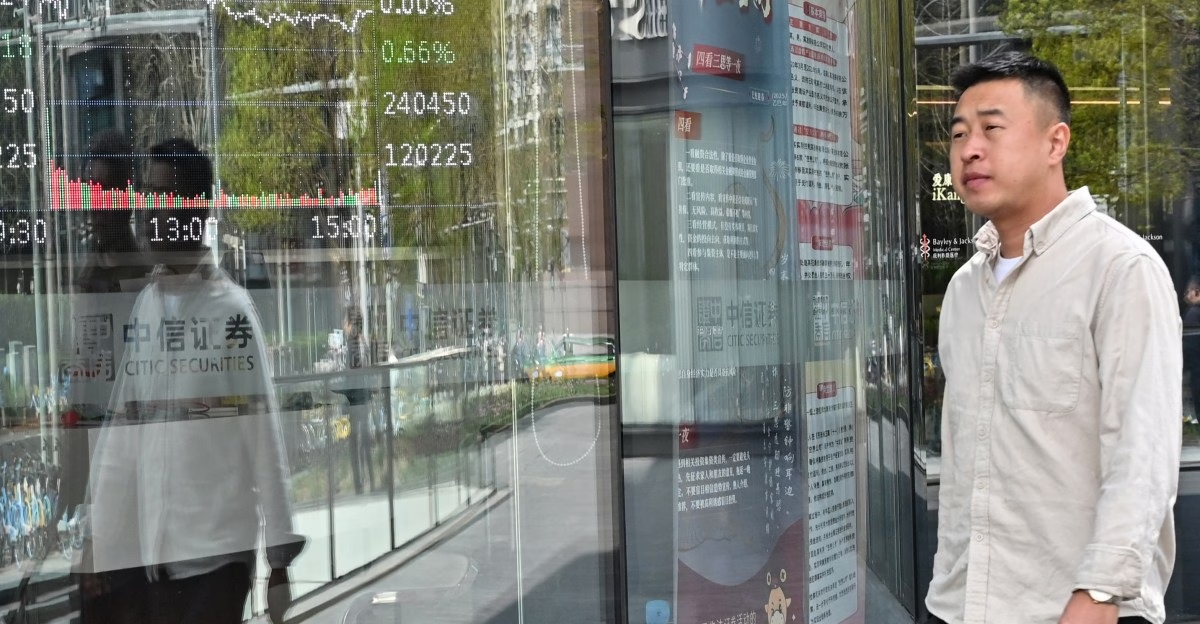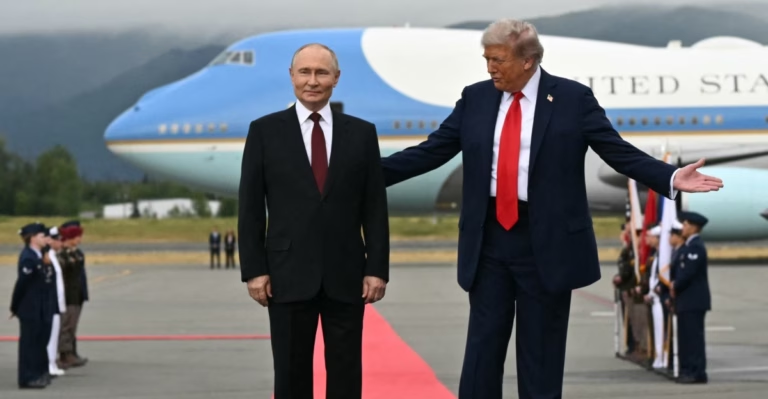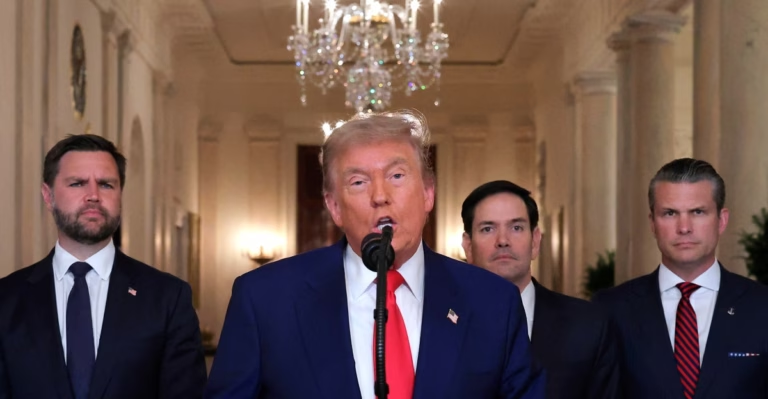President Donald Trump’s new tariff chart, unveiled Wednesday at the Rose Garden, listed a mix of surprising and predictable countries. The high tariff on China was expected. What was not was that eight out of the top 10 countries featured were in Asia.
Europe’s close US allies, like South Korea and Japan, were taken aback by the steep hikes on their exports.
Before Trump’s tariff announcement, Japan, China, and South Korea’s trade ministers met in Seoul for the first time in five years to organize a response.
Mike Bird, Wall Street editor at The Economist and a former Asia correspondent, discussed with Today, Explained’ host Noel King how US allies in Asia are taking the tariffs and the potential for China to lead new alliances on the continent. Click the link below to hear the entire discussion. The transcript below has been edited for length and clarity.
China, Taiwan, Japan, India, South Korea, Thailand — what reactions are we hearing from these countries’ leaders? Anything stand out?
There’s a vast range of reactions, reflecting differences in relationships with the US and varied strategies at play.
The least surprising reaction is from China, which argued the tariffs are deeply unfair and attack the global trade system. More interesting are the responses from countries closer to the US diplomatically. Taiwan called the tariffs “deeply unreasonable” and “highly regrettable,” South Korea said they were studying the situation, and Japan’s trade minister deemed it “extremely regrettable.
When Trump presented his tariff chart, it showed countries like Vietnam imposing a 90 percent tariff on US goods, South Korea 50 percent. Trump claims these countries tariff American products, and he’s correcting it. Is he right? And if so, why was this happening?
Trade restrictions imposed by other countries on the US do exist, sometimes steeper than in the other direction. US policymakers have a legitimate concern about this. But it quickly became evident post-announcement that the data used to justify the tariffs bore no relation to the actual tariffs these countries levy on US goods.
It appears the tariffs were back-calculated from individual countries’ trade deficits with the US. It’s nearly unrelated to how these limits are actually applied, based on Excel spreadsheet mathematics rather than real-world trade dynamics.
Trump imposed significant tariffs on Japan and South Korea. Will this force them to rethink their US relations?
This could alter attitudes significantly. The US has been trying to secure cooperation from Japan and Korea on issues like semiconductor exports to China. It will be much harder to achieve with heavy tariffs in place.
I read that Japan, South Korea, and China met for the first time in about five years to talk about trade. Any idea what happens in a meeting like that? Should the US be concerned?
There has long been talk of closer three-way cooperation between Japan, South Korea, and China, always somewhat hindered by their complex political dynamics and disputes. Now, if external pressures common to all three countries are needed to push a trade deal through, the current circumstances may just accelerate such an agreement.
If China becomes a more trusted trade partner than the US for its allies, what does that imply for China’s long-term prospects?
China has historically struggled to gain allies in Asia, for good reason. Damaging relationships in the region makes China’s task easier. If you listen to China’s Ministry of Foreign Affairs, the US aggressively bullies smaller counties, contradicting its high-minded talk of freedom and democracy. These tariffs make China’s arguments more convincing in much of Asia, a huge diplomatic opportunity.
Source: https://www.vox.com/today-explained-podcast/407112/trump-tariffs-china-vietnam-south-korea








